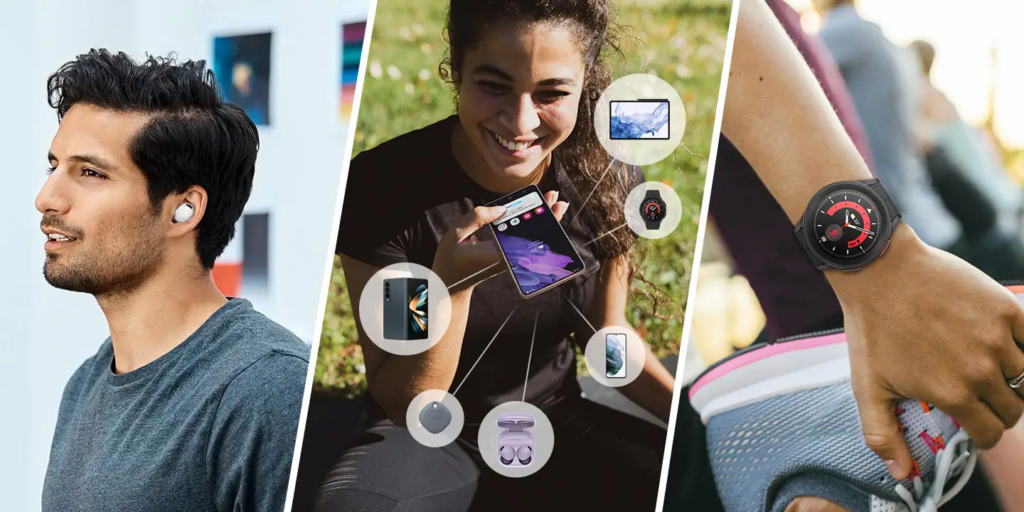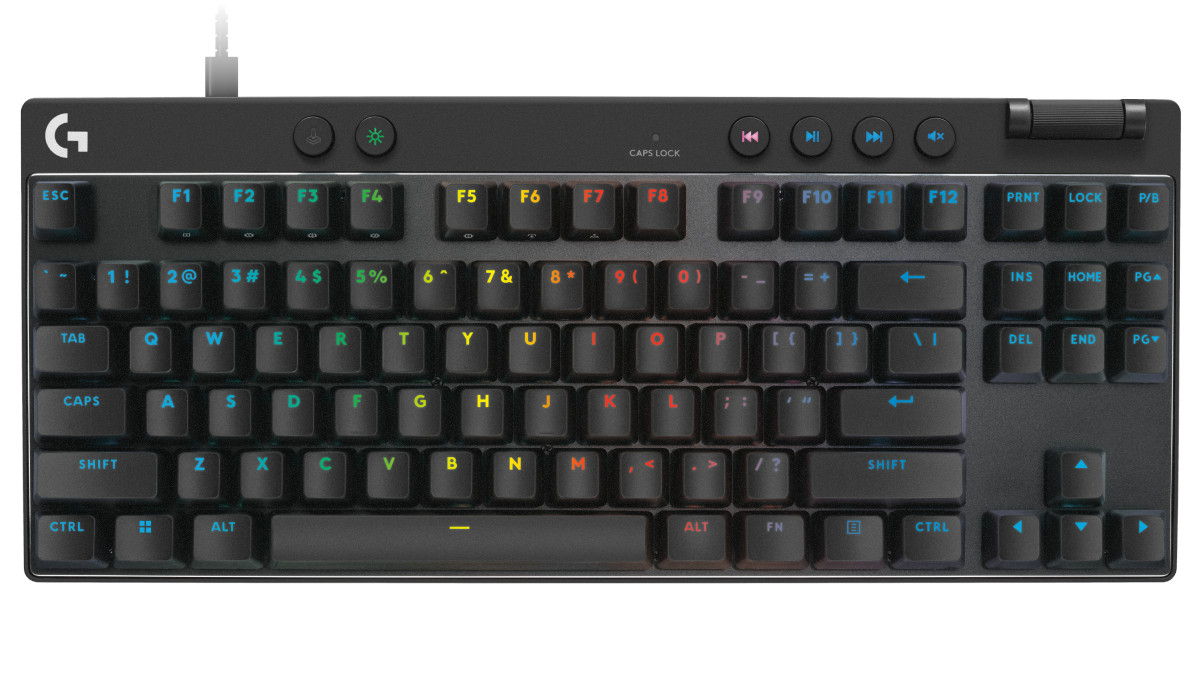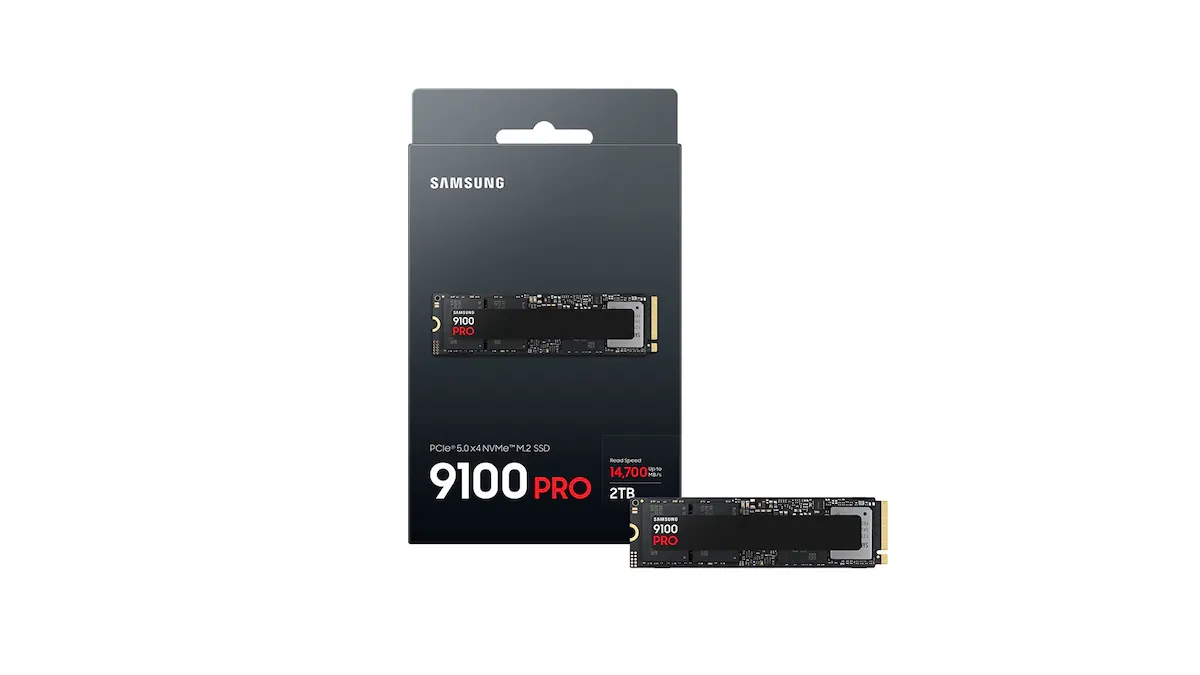Exploring Personal Voice: A Breakthrough in iOS 17
A few weeks back, I encountered a truly remarkable development—a feature in iOS 17 that enabled my iPhone to resonate with my own voice. This innovation, aptly nestled within the Accessibility settings, aims to empower those grappling with speech-related challenges. On the flip side, Samsung’s integration of a similar function into Bixby appears less refined, resulting in your device attempting to mimic your speech patterns incessantly. However, the outcome is a rather awkward, mechanical imitation that evokes a certain level of discomfort. This prompts me to question the demand for such a feature and advocate for its discontinuation.

Streamlining Personal Voice Configuration on iPhone
Configuring personal voice on the iPhone is a noteworthy process. It mandates the use of a high-quality microphone placed in a low-background-noise environment. During setup, users are prompted to enunciate various phrases, seemingly drawn randomly from news articles or essays—resembling excerpts from standardized reading assessments. This process is notably extensive, necessitating a minimum of 15 minutes for completion. Notably, Apple provides intervals for breaks, allowing users to resume the setup process at their convenience.
Empowering Communication: The Significance of Personal Voice
Upon successful configuration, users compile a collection of spoken expressions, personally articulated. Primarily an accessibility feature, personal voice caters to individuals contending with speech difficulties or confronting the gradual erosion of their speaking abilities—whether on a temporary or permanent basis. Apple’s cognizance of the substantial nature of this endeavor is evident, with a recognition of the diverse user base it addresses.
Wide-Ranging Applicability of Personal Voice
The applications of personal voice extend across a diverse spectrum of users. Beneficiaries encompass individuals grappling with conditions like multiple sclerosis to those anticipating extensive oral surgery. This feature stands as a true boon, facilitating clear and coherent communication in one’s authentic voice despite physical hindrances. While not universally seamless, it boasts sufficient effectiveness to permit usage during phone conversations or even interactions at drive-thru windows, with minimal disruption to those on the receiving end.
Unlocking Unconventional Utterances: Samsung’s Approach
In stark contrast, Samsung embarks on a rather unique journey, urging users to articulate some rather peculiar phrases. Tucked away within the labyrinthine confines of the Bixby app settings menu (did you even know such a menu existed?!), lies the ability to craft a personalized vocal identity. To embark on this journey, initiate the Bixby app or simply press and hold the power button, subsequently venturing into the Settings menu, specifically navigating to the Language and Voice style settings. At the very bottom of this trove, you’ll uncover the elusive custom voice option.
Simpler Steps with a Catch
While the Apple training for personal voice consumed a sizable two-day chunk of my time, Samsung took a different route, requiring a mere recitation of 10 sentences. Yet, these sentences are a collection of ungainly and clumsily constructed phrases, challenging to articulate due to their departure from conventional speech patterns.

Consider the tenth sentence, for example: “The hungry purple dinosaur ate the kind, zingy fox, the jabbering crab, and the mad, noisy whale.” Leaving aside the absence of a semicolon within the series, this sentence’s bizarreness and disconcerting nature are hard to ignore. Introducing a “kind, zingy” (what on earth does “zingy” even mean?!) fox at the moment of its consumption by a ravenous purple dinosaur—Barney, no less—is an utterly perplexing scenario. The sentence then spirals into Barney’s unexpected rampage, where he proceeds to eliminate all other creatures mentioned.
Samsung’s approach, though simpler in execution, conjures a peculiar landscape of linguistic eccentricities. While the brevity of the process is commendable, the incongruity of the phrases raises eyebrows and incites bewilderment, leaving me to question the rationale behind such an unusual linguistic venture.

Pledging Allegiance: Samsung’s Unusual Requirement for Custom Voice Usage
If the previously mentioned phrase seemed odd, the sentence that precedes it takes an even more disconcerting turn. The process of establishing a personalized voice on Bixby involves an unexpected demand: a pledge of loyalty to Samsung. Yes, you read that correctly. In order to configure a custom voice, Bixby compels you to affirm, “No doubt I’m one hundred percent on team Samsung!” This requirement is rather unequivocal—no room for doubt, or perhaps just a hint of skepticism.
The rationale behind this mandate remains baffling. The contrast between how Samsung and Apple engage with their user bases is brought into sharp focus by this example. Apple, known for its more understated approach, would never dream of coercing iPhone owners into reciting the phrase, “I’m on team Apple.” Such a demand is not only devoid of tact but also leaves one feeling rather foolish for having uttered it.
Considering that I shelled out $1,300 for this smartphone, the notion of pledging loyalty merely to access a feature strikes me as preposterous. Basic respect for purchasers should be a cornerstone of any company’s ethos, Samsung included.
The Curious Case of Phonemes and Loyalty Oaths
It’s almost incredulous to believe that the intricate nuances of my voice, crucial for the Galaxy’s learning process, can be distilled into a mere ten intricate sentences. And among these sentences, one must include a loyalty oath to Samsung. I’m willing to wager that this particular sentence is entirely superfluous, suggesting that Samsung could have devised a more sensible approach. Instead, users find themselves repeating an embarrassing team chant—a cheer for Team Samsung, no less.
What then, one might wonder, is the reward for this allegiance and the investment of approximately two minutes of verbal expression? The outcome is the ability for Bixby to consistently emulate your voice. Similar to Apple’s offering, Bixby can facilitate outward communication through phone conversations and in-person dialogues. However, one key distinction emerges the absence of any claim to being an accessibility feature. Bixby’s capacity to converse with your voice becomes the spotlight feature, setting it apart as a unique offering.
Unease Over Constant Vocal Replication

Folks, let’s be real—this is downright eerie. On my iPhone 14 Pro, I’ve set up a personal voice profile within iOS 17. It actually sounds like me, reasonably natural. While the rhythm might waver slightly and the occasional word is mispronounced, it’s generally coherent. I’d have no qualms about using it as my vocal proxy in public situations if needed.
Now, onto my Galaxy S23 Ultra, where Bixby’s attempt at speaking resembles someone unearthing ancient recordings of me, chopping them into fragments, and stringing sentences together. The speech is awfully mechanical, devoid of flow. Every aspect feels unnaturally out of place—the pronunciation, intonation, even the peculiar pauses interspersed between words.
In no world would I employ this in public to represent myself. Perhaps I’d share it with friends for a hearty chuckle. A very hearty chuckle, given how comically abysmal it is. Regrettably, when an accessibility-enhancing feature turns out to be a source of ridicule, it’s a detriment to all.
The Peculiar Case of Self-Perception and Replication
Do you actually relish the sound of your own voice? Most individuals, including myself, tend to find our external voice disconcertingly unfamiliar compared to the resonant tones within our own heads. But not according to Samsung. For every Bixby facet, Samsung dutifully hands you your very own voice.

“Hey Bixby, share a joke!” I prompt. In response, I’m greeted with an odd, stilted, almost uncanny voice that’s undoubtedly my own, uttering, “I want to tell a joke about sandals, but I keep … [long pause] flip-flopping between two of them.” A robotic rimshot punctuates the delivery. Effectively, I’ve treated myself to a joke in my own voice and then followed it up by instructing myself to laugh.
Navigating the Uncanny
The quest to replicate our own voices in digital form, while noble in intent, appears to be more of a realm fraught with unsettling and comical outcomes. As accessibility strives to empower, the uncanny and laughable results undermine the very purpose it seeks to fulfill.
Accessibility Feature with Room for Improvement in Samsung’s Approach
The imperative for technological communication is indisputable, especially for individuals who rely on it as their means of expression. There’s a subset of people who could greatly benefit from a personalized voice but remain hesitant. Unfortunately, when a feature like Samsung’s custom voice for Bixby falls significantly short of the mark, it risks trivializing the concept of a personal voice on your device. It’s evident that Samsung’s treatment of this accessibility feature lacks the gravity it deserves, consequently undermining the credibility of using one’s phone as a surrogate voice.
Optimistically, I’m hopeful for the enhancement of Samsung’s Bixby custom voice. If there’s one certainty I have about Samsung (and trust me, I’m well-versed in their offerings), it’s their commitment to relentless improvement across the board. Rarely do they abandon features, and almost without exception, they refine and enhance each aspect over time.
A marked difference lies in Apple’s approach, characterized by the release of features once they’re fully polished. This ensures neither Apple nor its users are left red-faced. Samsung, however, seems unfazed, possibly unaware of how subpar performance of a personal voice feature could be distressing for those in need. My expectation, rooted in Samsung’s ethos, is that this feature will see continuous refinement until it approaches a level of competence comparable to Apple’s iPhone. This is quintessentially the Samsung way—an unrelenting pursuit of betterment.
Discover more from NewForTech
Subscribe to get the latest posts sent to your email.





